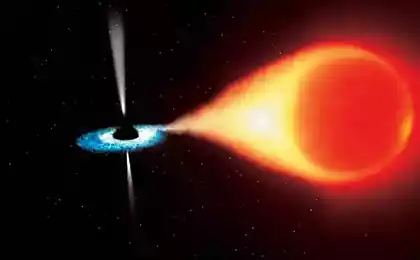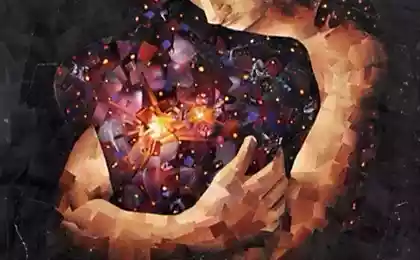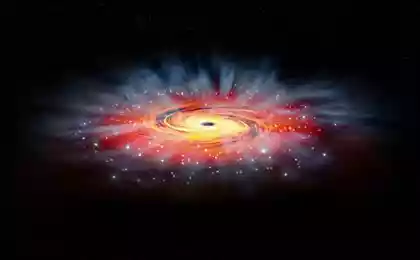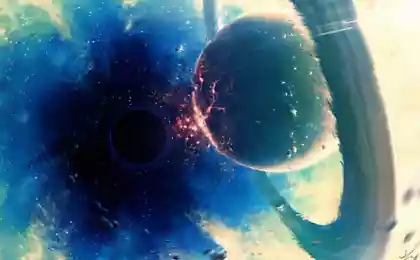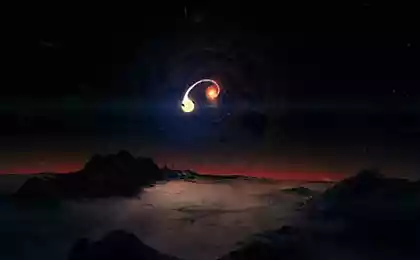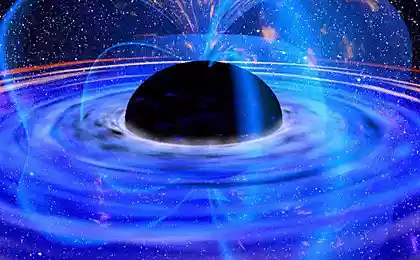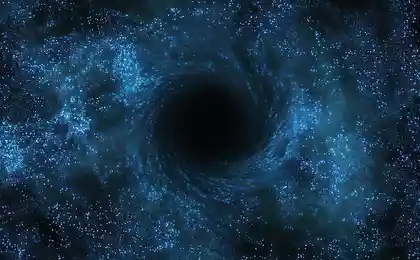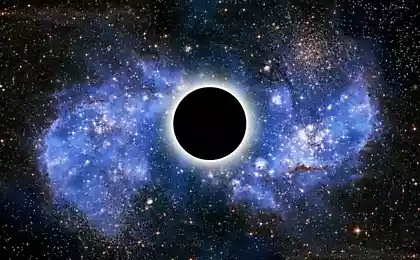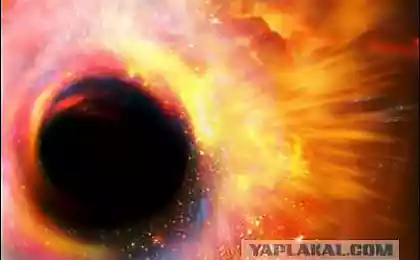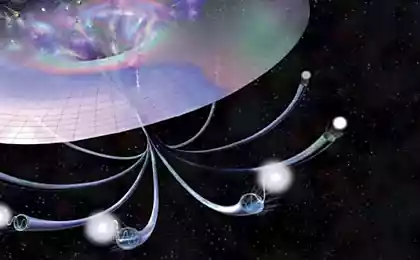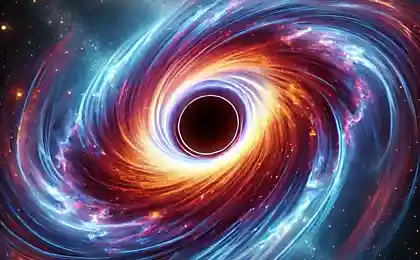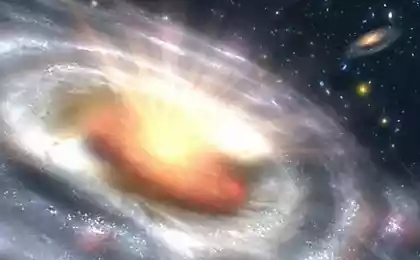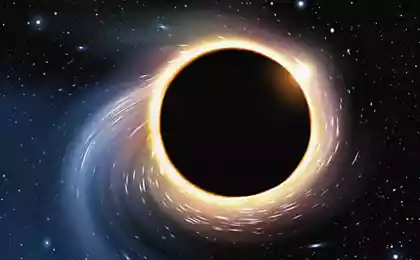555
Are there black holes
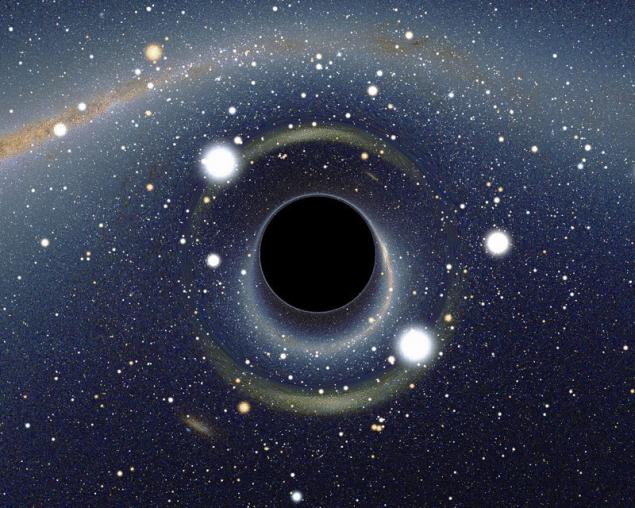
Black holes — a region of dense matter in space that have such strong gravity that no objects caught in the gravitational field of the black hole cannot leave. Black holes attract even light that passes by. About what he thinks the science on the existence of black holes will be discussed in our article.
Borders of black holes are called "event horizon", and its value is the "gravitational radius".
Black holes, like many other physical phenomena, was first discovered only in theory. Their existence follows from some of Einstein's equations, they converge with the theory of gravity (but it is not known how it is true) which, again in theory, confirms their presence.
In our time the possibility of formation of black holes confirmed experimentally tested theory of General relativity (GR). Regularly, new data analyzing and interpretiruya in the above-mentioned theory, which confirms the existence of some astronomical objects overlapping with signs of black holes with a mass of 105-1010 solar masses. Therefore, to prepare one hundred percent about the existence of black holes is impossible.
Today, there are 2 realistic and 2 hypothetical options for creating black holes: almost instantaneous compression of a massive star or the center of the galaxy; and, accordingly, the creation of black holes as the effects of the Big Bang and the appearance in nuclear reactions at high energies.
There are objects called black holes simply because of their conformity to some properties with black holes, for example, stars that are in the last stages of gravitational collapse. Modern astrophysics this difference did not attach much importance, as the observed manifestations of "almost collapsed" stars and theoretically the "real" black holes are almost identical.
Black holes are not eternal. At first glance it seems that these objects just draw everything around, but according to quantum theory, gravity, black hole, absorbing, must continuously radiate, losing their energy. The more "mass-energy" is lost, the greater the temperature and rate of radiation, which ultimately leads to an explosion. What remains then from the black hole or not is unknown, but the answer to this question will give a quantum theory of gravity, which are going to work hard in the next couple of decades.
Three theories of the existence of black dissectum three interesting theories for the existence of black holes:
Black holes in the Universe a finite number, they are in each galaxy, therefore, they can be a way of moving in space, a kind of teleport – went into the black hole, out the other. And you can "regulate" not only a place in which you will get, but also time.
According to the theory of the many-worlds interpretation of Hugh Everett, the number of Universes is infinite. This led to the hypothesis that black holes are a a passage to another Universe. The laws of physics in all Universes may differ, but only passing points – the black hole is firm, though not eternal.
Black holes absorb everything in a gravitational field. If a black hole will fall man – the inner observer and someone would see the outside observer, in theory, can happen such a situation: falling into the black hole of a man will see time for him slows down and stops for eternity, and "ambient" time, according to the theory of the English mathematician and physicist Penrose, the time development of the Universe is increasing with such speed that he, the inner observer has time to see the collapse of our space, and all existing reality and all the objects who once fell into a black hole. From the point of view of an external observer, the internal charge at the black hole and stops, as if waiting for something. The universe, according to theory, does not allow the existence of internal and external observers at the same time. After a minute of subjective time jumped into the black hole of a person, but after billions of years, from the point of view of an external observer, the falling surprised to see how in his hole and begin to get his much older "foreign" friends, and his "native" black hole will begin to merge with all other black holes... Therefore, all the external observers at the same time become internal, and here they are all together fly to the Collapse of the Universe.
Considering the above facts the existence of black holes, there are those who denies them. Physics Professor Laura Mersini-Houghton from North Carolina claims that black holes just can't be. She argues that direct evidence of their existence there, and indirect can be wrong. However, this is still just a theory.
At this stage of the development of science can neither confirm or deny the existence of black holes. It remains to wait for new observations, analysis and some subsequent answers to these questions.
Source: /users/1617
The taste of the food determines the brain, not the language
Ulf Mejergren Architects presented Bum Shack for sledding
